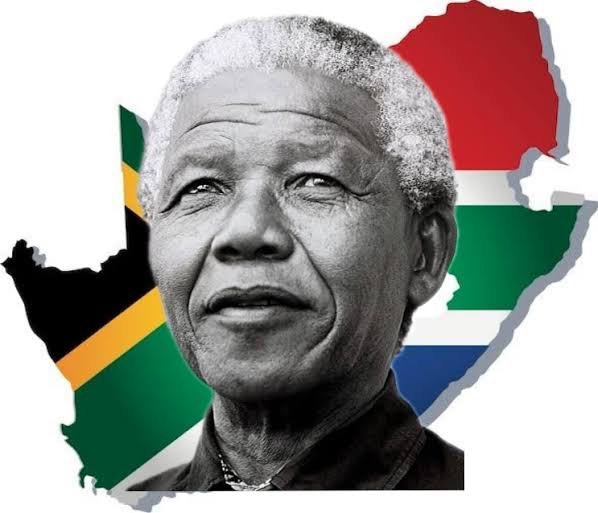
The Secretary-General’s 2020 Nelson Mandela Lecture: A Call for a New Social Contract
In 2020, United Nations Secretary-General António Guterres delivered the Nelson Mandela Lecture, emphasizing the urgent need for a "New Social Contract" amidst the COVID-19 pandemic. He highlighted the rising inequality, stating that the crisis exposes deep-rooted injustices and vulnerabilities, arguing that “inequality defines our time” and threatens global peace and development. Guterres linked the New Social Contract to Nelson Mandela’s legacy, stressing that the fight against poverty and inequality remains vital. He associated this struggle with the 17 Sustainable Development Goals (SDGs), particularly SDG 10, which aims to reduce inequalities. The pandemic exacerbated existing inequalities, disproportionately affecting vulnerable populations such as the poor, women, and minorities. Guterres pointed out that COVID-19 has been an “x-ray,” revealing societal fractures and stark disparities. He specifically noted the alarming rise in global food insecurity, with millions more facing hunger due to economic disruptions linked to the virus. Guterres underscored that achieving equality is not only an ethical imperative but also crucial for sustainable development and resilience. The call for a renewed societal framework emphasizes inclusion, equal opportunity, and respect for human rights, ensuring that no one is left behind in recovery efforts.

The Path to Greatness: Empowering People for National and Global Renewal
"The Path to Greatness: Empowering People for National and Global Renewal" emphasizes the importance of empowering individuals as the foundation for national greatness. The core idea is that a nation's strength lies not in economic or military power but in the well-being and development of its citizens. Addressing global challenges like climate change requires a people-focused agenda, which aligns with international initiatives such as Agenda 2030 that advocate for inclusive development. A comprehensive people-focused agenda prioritizes individual needs, rights, and potential, promoting policies that support diverse communities and emphasize inclusivity. Key strategies for empowerment include education and skills development, encouraging self-advocacy, providing equitable access to resources, and fostering community engagement. Historically, figures like Mahatma Gandhi, Nelson Mandela, and Martin Luther King Jr. illustrate the significant role of individual empowerment in fostering societal progress. Their legacies highlight that leadership rooted in moral courage and a commitment to uplift all individuals can drive transformative change. Overall, the text underscores that empowering people is essential for achieving national and global renewal, benefiting society as a whole.

The New Social Contract in the Era of the Sixth Mass Extinction
The world is currently facing the Sixth Mass Extinction, a crisis caused primarily by human activities such as habitat destruction, pollution, over-exploitation, invasive species, and climate change. This extinction rate is alarmingly estimated to be 1,000 to 10,000 times higher than natural rates, highlighting an urgent need for action. In response, a new social contract is essential—one that recognizes our responsibilities to all life on Earth rather than just focusing on individual rights. This reimagined social contract must begin with individual awareness of our impact on ecosystems and the understanding that our personal actions contribute to either mitigating or worsening the environmental crisis. Furthermore, it encourages collective awareness and action, emphasizing the need for dialogue about our interconnectedness and responsibilities towards each other and the planet. Education plays a crucial role in fostering this collective consciousness, promoting a sense of global citizenship. Unity and solidarity are vital for confronting these existential threats, as history shows that collaboration is our greatest strength in overcoming challenges. Together, through informed actions and shared responsibility, we can work towards a sustainable future and protect biodiversity for generations to come.